Plagiarism is an unethical way of using published or unpublished work which is not your property. Plagiarism is not acceptable in academic institutions. If we talk about online content writing or blogs, search engines don’t rank your website when your content is plagiarised.
No matter either you are copying someone’s work intentionally or unintentionally but you are committing an unethical act.
Table of Contents
Content Overview:
What is plagiarism?
Plagiarism is using your own already published work or someone’s content without acknowledgement, citation or reference. In this way, you don’t accept the hard work of others and try to earn advantage on someone else’s hard work.

There is a myth about your own previously published work. Some people use their previously published work without citation or reference and claim that it is not plagiarised. Although, your published work is your intellectual property and you have rights to use it but plagiarism demands references and citations, the content may or may not your intellectual property.
Plagiarism does not restrict itself to textual content only, but it includes copying photo, picture, graphics, melody, song, music composition, numerical spreadsheets, computer programming source codes, visual media etc. You can use plagiarism checker free to check plagiarised content.
What is acknowledgement?
To avoid plagiarism, you acknowledge that you have used someone else’s work to support your thoughts and work. In this way, the author gets appreciation as reward of his hard work and you get benefited to support and justify your own thoughts. Acknowledgement is done in two different ways, either by referencing the source or by citations.
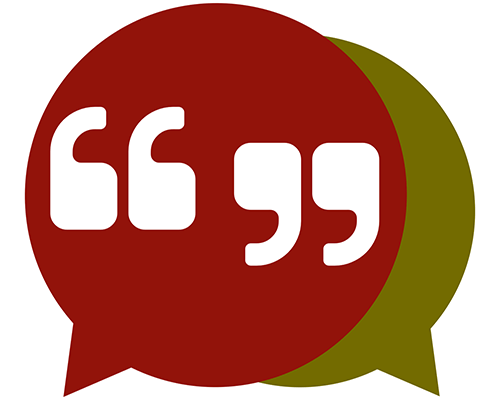
What is reference?
Reference is given in the end of text or document which contains complete bibliographic information about the source.
What is citation?
Citation is a short piece of source’s information to give credits to original author.
How to avoid plagiarism in different perspectives:
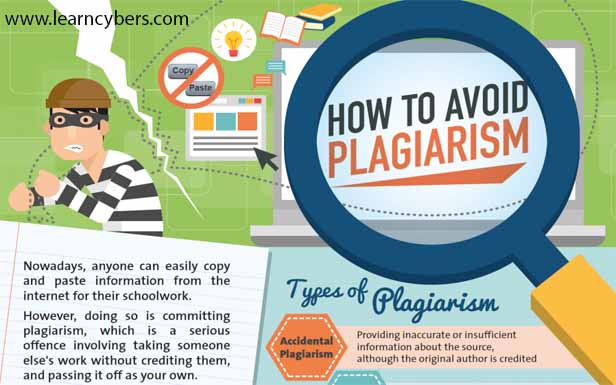
Scenario 1: Copying chunks of text
You copy a chunk of text from a source without acknowledgement of author with quotation marks. Or you copy chunk of text, adds citation but don’t use quotation marks. Or copying and pasting a chunk of text from a research paper or online website without any enhancement and addition of knowledge. You can use plagiarism checker free to check plagiarised content.
To avoid such problems, it is better to read a content thoroughly, understand it and write it in your own words. Always use quotation marks to highlight sourced content and provide citation. Always avoid copy-paste, however, if you do, completely acknowledge the source.
Scenario 2: Copying text and minor modifications in content
Some of the people copy the content, make minor changes like synonyms, minor sentence modifications, updating verbs and tenses and use the text without or with citation.
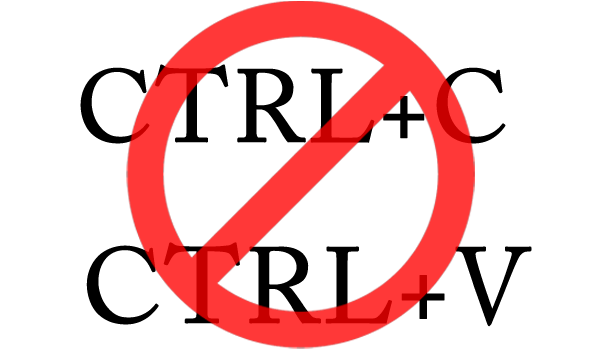
To resolve this issue, it is always a best way to read passage thoroughly and produce it in your own words and vocabulary. Must acknowledge the information with citation if you have expressed same idea in your own way. You can use plagiarism checker free to avoid plagarised content.
Scenario 3: Copying graphical material
Copying graphical material including photos, pictures, diagram, table, chart, drawings, logos, banners, graphical interface and other such things from internet or any other source without referencing or citation is also plagiarism.
To avoid graphical plagiarism, remember to include citation and reference. Never use copyrighted content without getting written permission from copyrights owner.
Scenario 4: Numerical Spreadsheets
Copying numerical spreadsheets and datasets gathered by others in your project is also plagiarism without appropriate acknowledgement and mentioning how you are using data.

To avoid this problem, you should mention why and how you are using the data. Remember to add acknowledgement.
Scenario 5: Copying melody of a song
Some singers use the music composed for other songs or copy the melody of a released song without getting written permission from copyright owner and without acknowledgement.
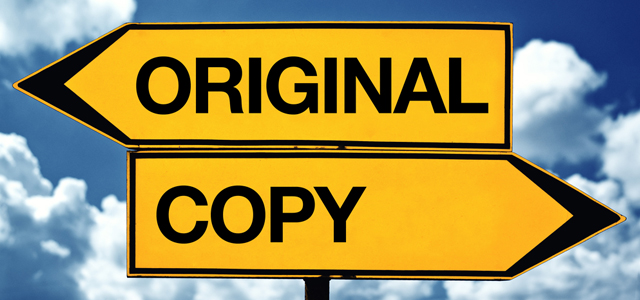
To avoid this conflict, it is better to keep drafts of your work in progress as proof to show when required that how you got this piece of finished work. Because it is easy to invent a new tune from something that you have heard before or something that inspired you.
Scenario 6: Computer Programming
Reusability is an important part of Software Engineering which allows the engineers to reuse the developed piece of source codes to save time by avoiding redevelopment of the same modules and provide services to clients at low costs.
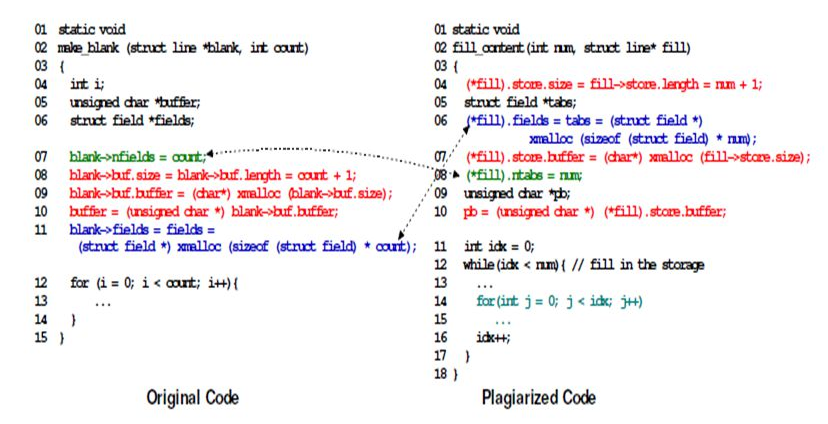
While adopting reusability, some engineers don’t include acknowledgement about the developer or IT company that produced the code. To avoid this conflict, author of each code snippet which is reused, must be acknowledged in start of source code file.
Scenario 7: Reusing your own work
Whenever, you want to reuse your own content, remember to give references and citations to your previous work. As you hold the intellectual property rights, you may not need any permission from anyone until you have sold your copyrights ownership.
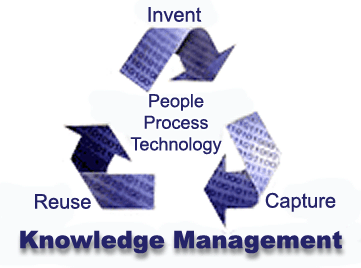
In case, if you are a scholar or research fellow and wants to use your previous work in your current research, the situation may vary according to the rules and regulations of institution governing your research.
Thank you for reading this article by Arslan ud Din Shafiq. You may be interested in reading more articles by the same author.
https://learncybers.com/frontend-templating-pug-engine-in-express-js/
Plagiarism Checker FREE
Plagiarism Checker FREE to use is given below. You can check plagiarism with plagiarism checker free upto 1000 words.

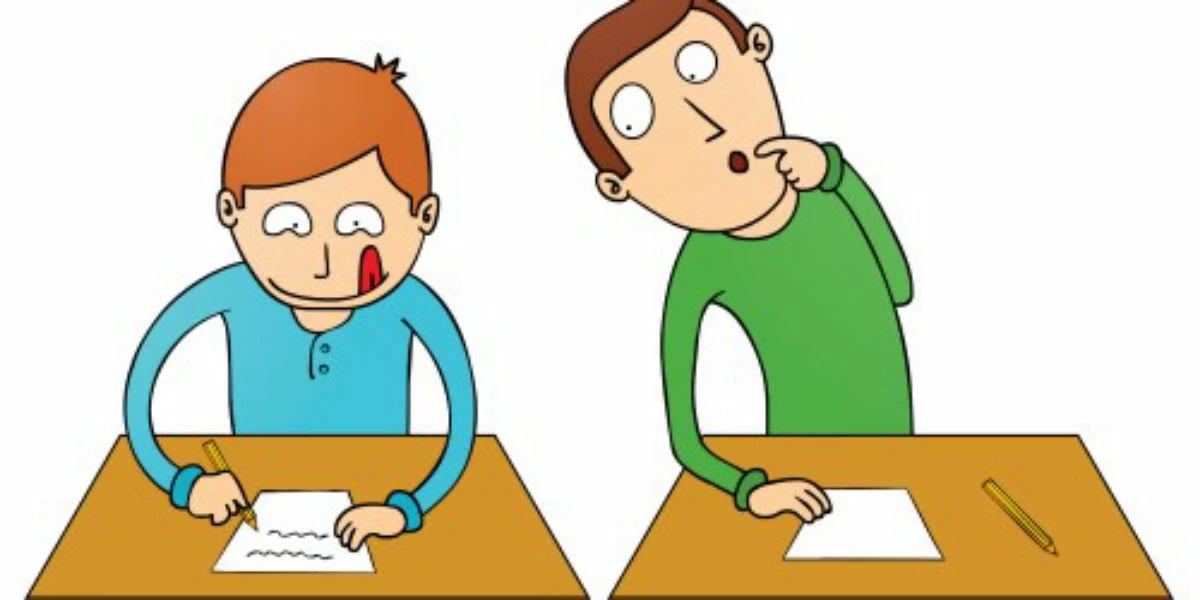
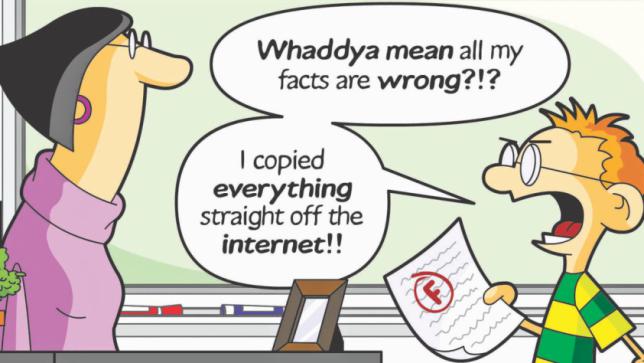
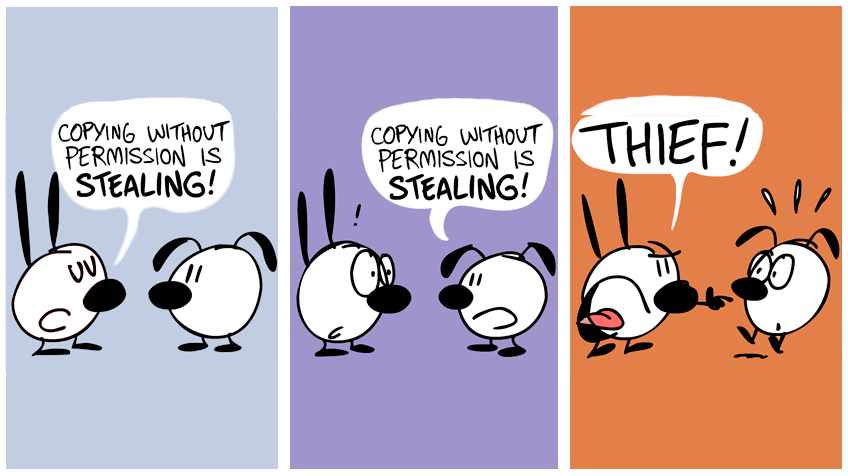
Petronext International
March 19, 2021 at 12:07 pmThank you so much to share this article. Keep us updating with more interesting articles.